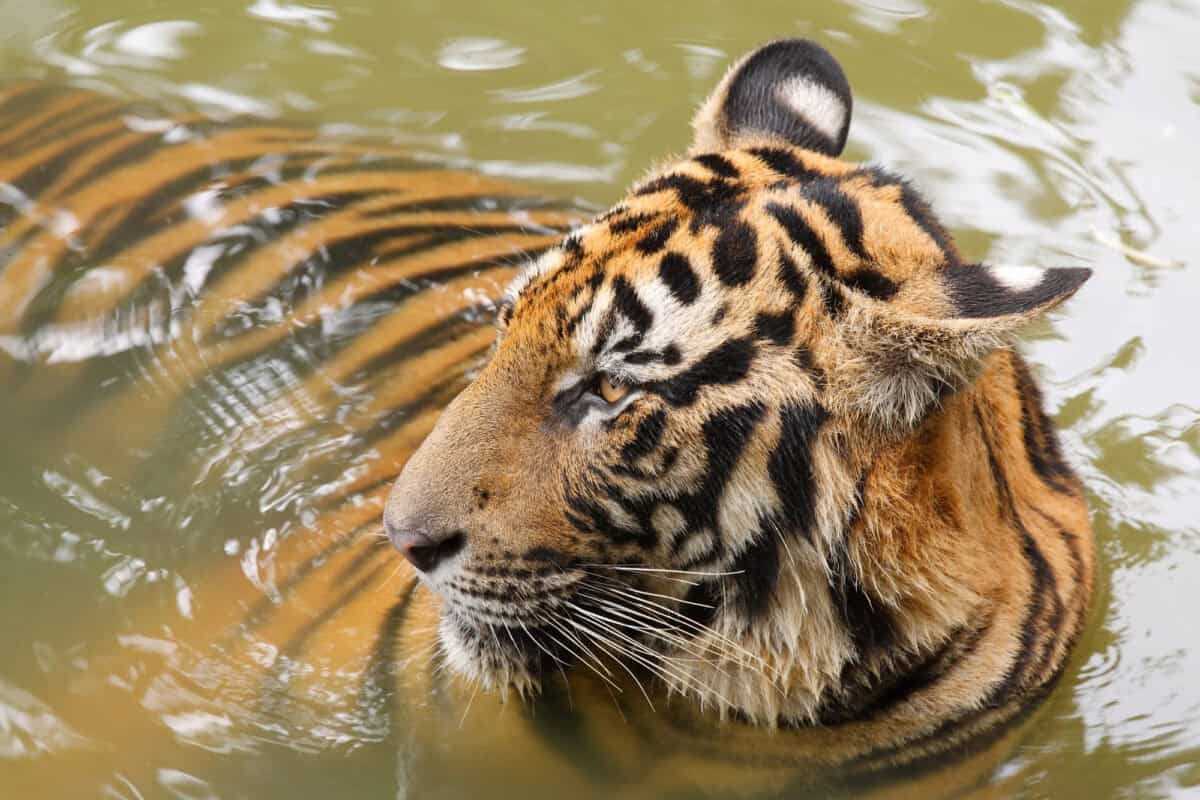The allure of owning exotic pets, such as big cats and giant snakes, is undeniable for some enthusiasts. These creatures captivate the imagination with their majesty and power. However, the question of whether such dangerous pets should be legal is a controversial topic. This article explores the complexities surrounding the legality of owning big cats and giant snakes, addressing the ethical, environmental, and safety concerns involved.
The Appeal of Exotic Pets

For many, the idea of owning a big cat like a lion or tiger, or a giant snake such as a python or anaconda, is thrilling. Exotic pets can be seen as a symbol of status and uniqueness. They provide a direct connection to the wild, offering experiences that traditional pets cannot. Owners often express a deep fascination with these majestic animals and an emotional bond that leads them to advocate for their rights to own such creatures.
Understanding the Risks
The appeal, however, comes hand in hand with significant risks. Big cats are apex predators, capable of causing severe injury or death to humans. Even in captivity, these animals retain their wild instincts. Giant snakes, while not as aggressive, pose dangers through constriction and venom. The likelihood of escape or attack, particularly if not kept under perfect conditions, poses significant risks to both owners and the public.
Ethical Considerations

Owning dangerous exotic pets raises ethical concerns about animal welfare. Experts argue that big cats and giant snakes are not meant to be confined to private homes. Their natural behaviors and needs cannot be adequately met in captivity. Inadequate space, improper diet, and lack of socialization with their species often result in psychological stress and physical health issues for these animals. Ethical considerations demand recognition of their right to live in environments that replicate their natural habitats.
Legal Regulations and Enforcement
The legality of owning big cats and giant snakes varies significantly across the globe, and even from state to state or province to province within countries. Some regions have outright bans, while others impose strict licensing requirements. Yet, loopholes and lax enforcement often undermine these regulations. Where legal, ownership typically comes with the obligation of meeting specific criteria related to housing, care, and public safety. However, enforcement challenges make such regulations difficult to uphold effectively.
Impacts on Ecosystems and Native Species

Another dimension of the legality debate involves the environmental impact. Exotic pets can become invasive species if they escape or are irresponsibly released into the wild. This can have catastrophic effects on local ecosystems, threatening native wildlife and biodiversity. For example, in Florida, released Burmese pythons have established breeding populations in the Everglades, posing a significant threat to indigenous species.
Public Safety Concerns
Public safety is a primary consideration in the debate over the legality of dangerous pets. Incidents of attacks have fueled calls for stricter legislation. The risk of injury or death extends beyond owners to emergency responders and the public. Ensuring public safety involves considerable resources, including specialized animal control operations for escapes and incidents.
The Role of Conservation

Some argue that owning exotic pets can play a role in conservation efforts, by raising awareness or through breeding programs. However, the majority of conservationists advocate for these efforts to occur within professional, controlled environments, such as zoos and sanctuaries, where education and preservation can be effectively managed without the risks associated with private ownership.
Conclusion
In conclusion, the question of whether dangerous pets, such as big cats and giant snakes, should be legal involves balancing personal freedoms with ethical, environmental, and safety considerations. While the fascination with these animals is understandable, the risks and ethical dilemmas associated with their ownership raise serious questions about the appropriateness of private individuals keeping such animals as pets. As laws and attitudes evolve, it remains crucial to ensure that the welfare of animals, safety of the public, and integrity of ecosystems are given priority in this ongoing debate.
What are your thoughts on exotic animals? Do you think people should own wild animals as pets? Are these animals really safe and well taken care of outside of the wild? Is a zoo even the best place for these animals after their owners have abandoned them? Comment your thoughts, we would love to hear from you!
- The Largest Wolf Ever Recorded Was the Size of a Pony - August 22, 2025
- This Bird Has the Largest Wingspan of Any Living Creature - August 22, 2025
- The Brightest Supernova Ever Recorded Is Visible Again - August 22, 2025

